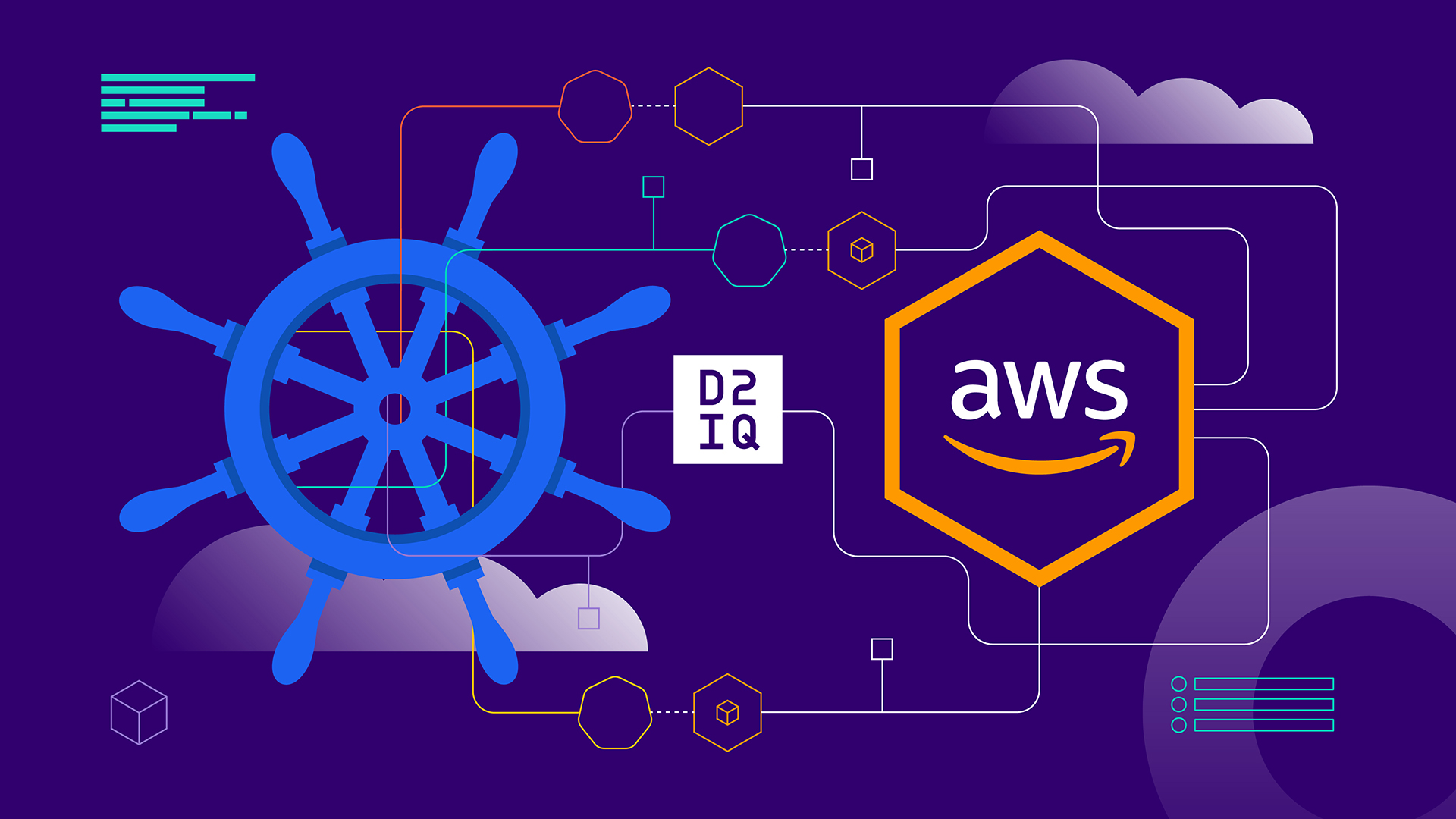To continuously innovate, many organizations are anchoring their infrastructure on container management solutions. The open source project
Kubernetes is now the de facto standard for container management, and its popularity is growing in a number of ways.
- 92% of organizations are running containerized applications in production, a 12% increase from 2019 and a 300% increase from the first survey in 2016.
- 83% of enterprise companies are running Kubernetes in production environments, up from 78% in 2019.
- 36% of organizations employ a hybrid cloud strategy, a capability that can be bolstered by Kubernetes adoption.
Kubernetes delivers great promise for automating deployment tasks, scaling application resources, and operating containers. Though containers vastly simplify the distribution of applications, and provide benefits such as increased agility, portability, and zero downtime, Kubernetes ecosystems are so powerful that they can in turn become increasingly complex. Most organizations don’t have a clear picture of how Kubernetes fits into a hybrid or multi-cloud architecture or their managed services.
As leading Kubernetes solution providers, D2iQ and AWS have learned in the last two years that customers want a consistent experience on-premises and in the cloud for deploying, scaling and maintaining their Kubernetes ecosystem.
Amazon Elastic Kubernetes Service (Amazon EKS) makes it easy to run Kubernetes on AWS without needing to install, operate, and maintain your own Kubernetes control plane. Now with the roll-out of EKS Distro (EKS-D), a Kubernetes distribution based on and used by EKS to create reliable and secure Kubernetes clusters, customers can rely on the same versions of Kubernetes and its dependencies deployed by EKS in their on-premise environments. D2iQ Kommander in turn provides a reliable, secure and consistent approach to the management, governance and compliance of these disparate Kubernetes clusters. Putting AWS provided Kubernetes solutions together with D2iQ Kommander delivers the consistent end-to-end experience our joint customers are eagerly seeking.
D2iQ Kommander provides a single control plane for federated cluster management, lifecycle automation, and service delivery. It’s particularly helpful with managed container services, specifically EKS and EKS-D (running on-prem and in AWS).
Managing EKS/EKS-D with Kommander
D2iQ Kommander is a federated management plane that provides centralized visibility and management of all of your cloud clusters and workloads, no matter where they are running. With Kommander, you can onboard, manage, and operate multiple EKS/EKS-D clusters in production and at scale and govern them all in a unified way across multiple on-premises and cloud footprints.
Unique benefits achieved with Kommander managing AWS-provided Kubernetes include:
- Hybrid Cluster Management: Provide multi-cluster and hybrid cluster management for disparate Kubernetes clusters, EKS, EKS-D, and other clouds.
- Restricted Network Access: Manage cluster(s) behind a firewall or in highly secured networks.
- Multi-tenancy: Enforce Rules and Policies for consistency with security, networking, RBAC and application controls.
- Multi-Cluster Management: Provide centralized monitoring and alerts, and create federated rules for network policy, quotas, identity management, RBAC secrets, and configmaps.
- Centralized GitOps: Create federated platform services to deploy applications and environmental configurations consistently to enable continuous delivery.
- Catalog service: Provide Cluster lifecycle and service delivery of complex distributed systems like Kafka, Cassandra, Spark, Elastic, Jenkins.
To learn how your organization can take advantage of the combined benefits of Kommander and AWS, click here to
contact us.










